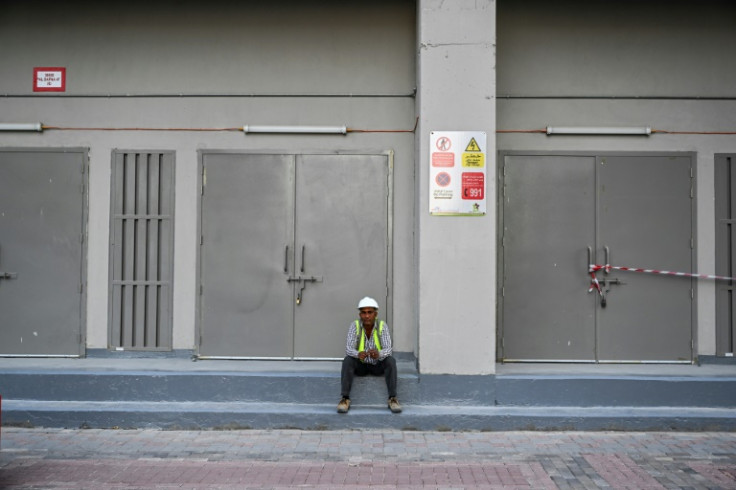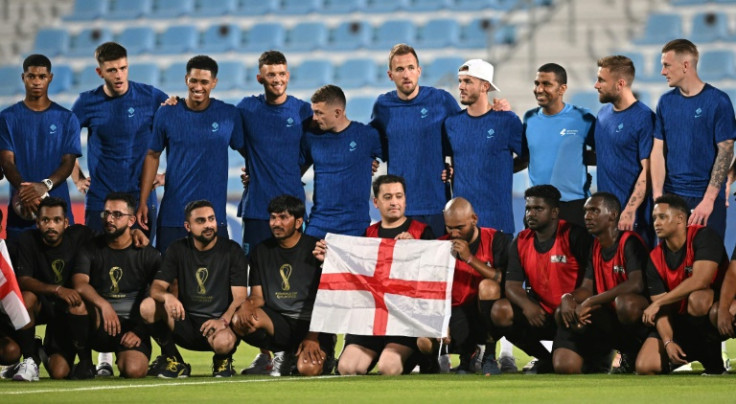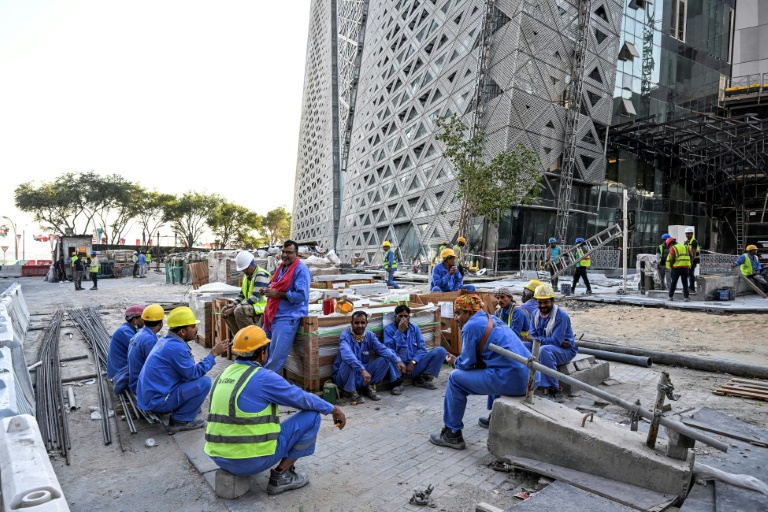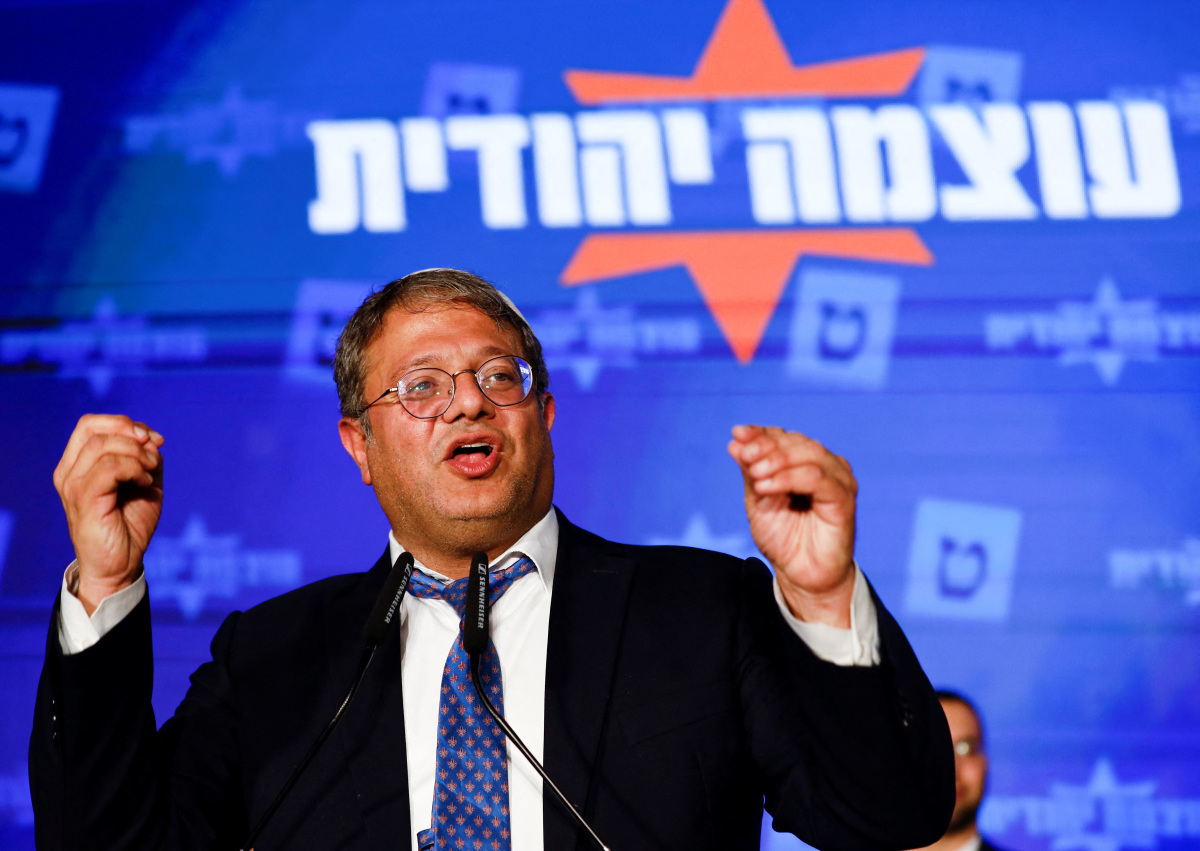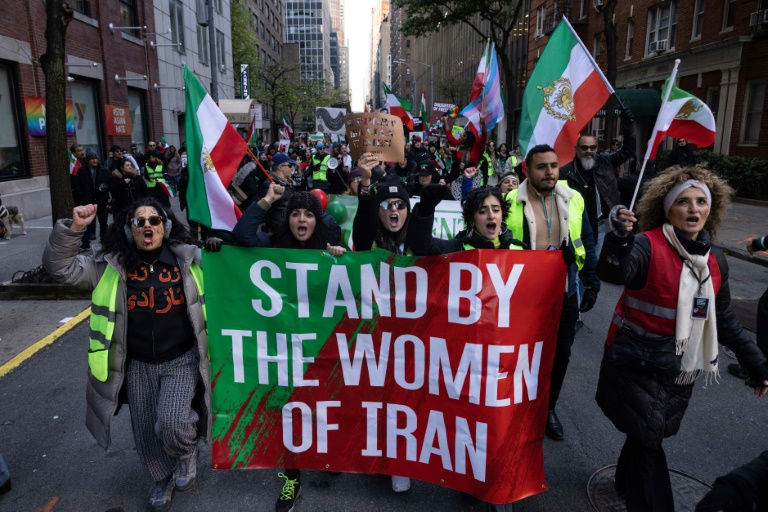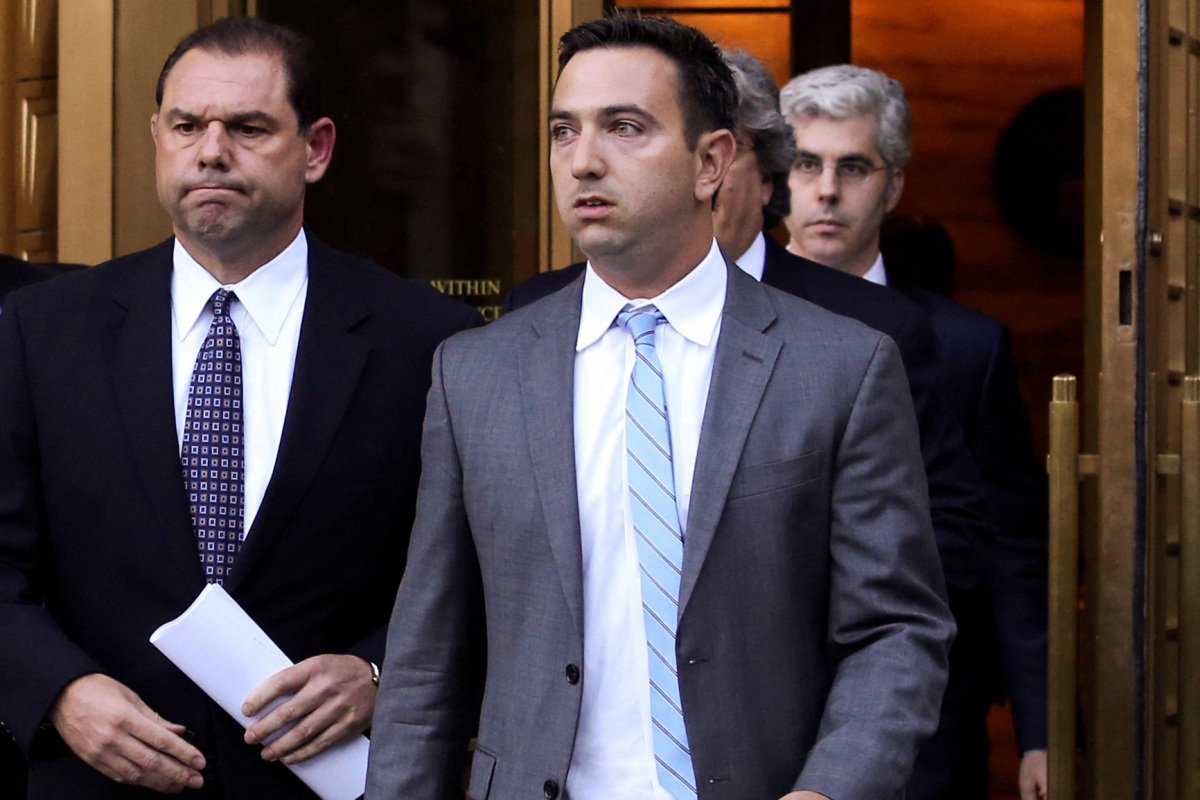Shafeeq Saqafi paid $3 for the Argentina shirt he proudly wore when he sat with 15,000 other migrant workers in a hidden corner of Doha to watch Lionel Messi’s side salvage their World Cup.
Messi’s goal in the 2-0 win over Mexico late Saturday brought the biggest crowd seen at the Asian Town stadium to their feet and Saqafi beat his chest in delight.
Saqafi and his friends bristle at European media suggestions that they are “fake fans” but readily acknowledge that they buy counterfeit team shirts for $3 or less, instead of the $90 which official kit costs.
“I could not afford to have the letters printed on the back, but the shirt was something I really wanted,” said the 32-year-old hotel worker who earns just over $400 a month and sends more than half of that back to his family in Bangladesh.
Saqafi is one of the 2.5 million foreign workers who have been the foundation of Qatar’s economic miracle — helping pump oil and gas, building its World Cup stadiums and infrastructure and staffing the dozens of new hotels that have opened in the past five years.
Rights groups say the workers have been massively abused.
Qatar responds by citing the increased safety standards and salary protections in factories and at outdoor work sites, and reduced working hours in Qatar’s notoriously hot summer.
The stadium, in the Asian Town shopping complex on the outskirts of Doha, has become a daily draw for thousands of the poorest workers who live in nearby dormitories away from Doha’s glitzy shopping malls and restaurants.
An Indian woman DJ revs up the overwhelmingly male and South Asian crowd before each match with Hindi pop songs and Bollywood videos.
Many, like Saqafi, wear Argentina shirts. For most, the fan zone on the cricket pitch is the nearest they will get to the World Cup. The legal minimum wage is 1,000 riyals (around $260), which many still earn.
A few thousand 40-riyal ($10) World Cup tickets were put on sale and quickly snapped up. Those remaining are too expensive for the average construction worker in Qatar.
Buying an official team shirt is also out of the question. So Saqafi and many of his friends bought one of the high quality fakes on sale in backstreet stores.
Yaseen Gul, who has worked for a Doha electrical firm for a decade, said he comes to the stadium “to enjoy myself — cheaply.”
“Qatar is very hard. The work is hard. In summer it is very hot,” he said. “But my salary has improved and I will not go home.”
Shaqeel Mahmoud said he could not afford to buy match tickets and he had to leave the Argentina game before the end because he had to go work.
A cup of hot milky tea at the stadium beverage stand costs $1, but many workers said this was too much and there were no queues. Hundreds line up at the FIFA Fan Festival 10 kilometres (six miles) away to pay $13.50 for a beer.
“There is no pressure to buy anything so I am grateful for that,” said Shaqeel.
